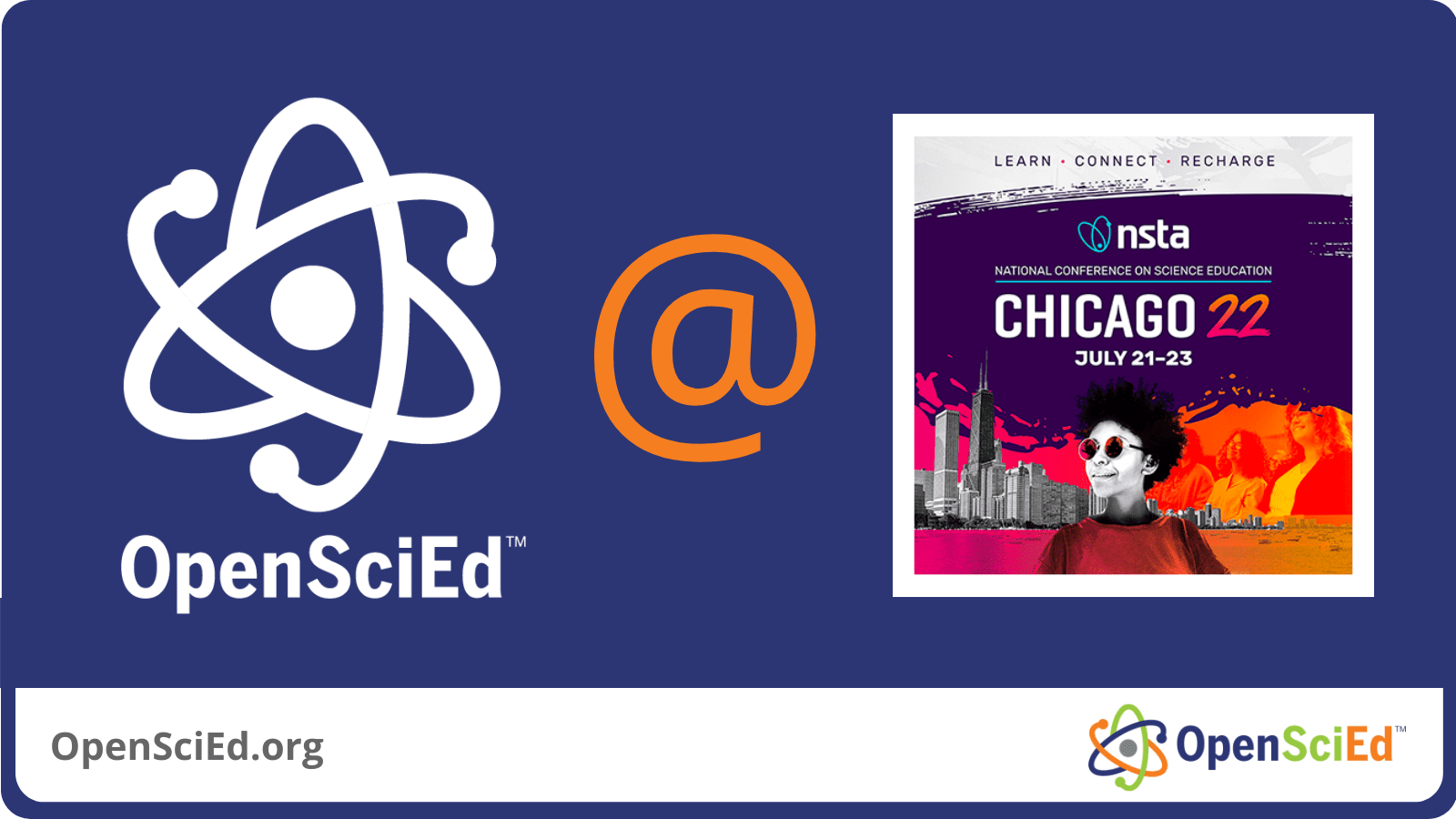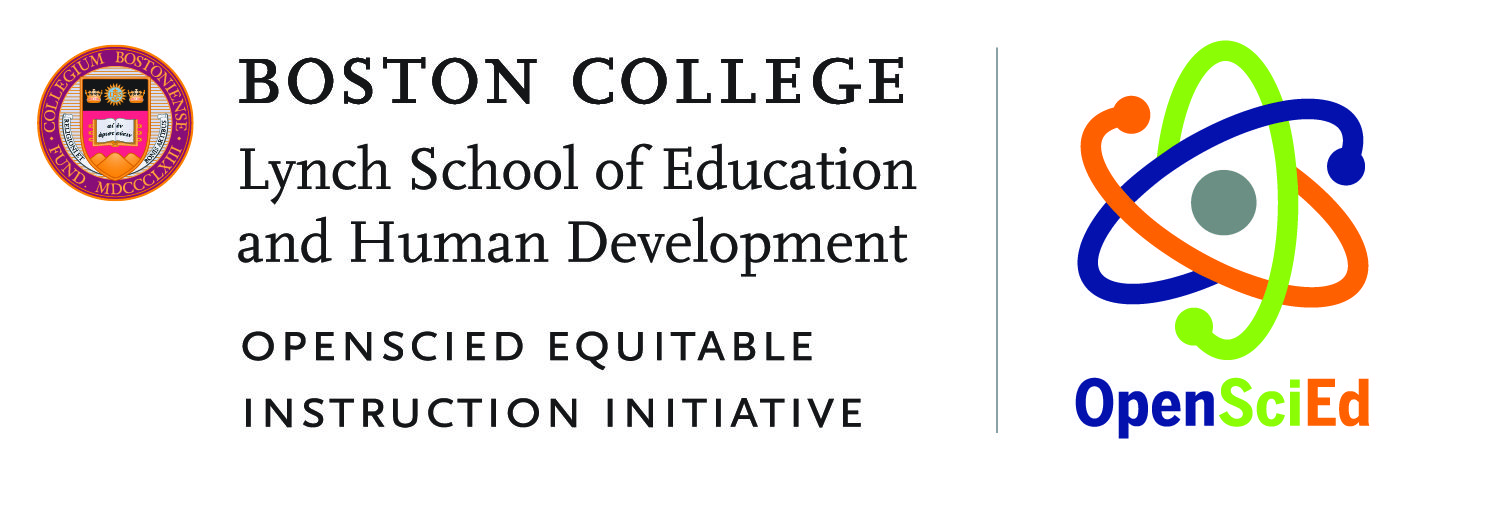#NSTA22 – Matter and Energy Learning Progressions in OpenSciEd High School Chemistry
Preview how the OpenSciEd High School Chemistry course unit sequence will help students figure out progressively more nuanced parts, properties and interactions of matter with engaging, real-world phenomena. McCormick Place - W196c Presented by Nicole Vick, Dan Voss, Michael Novak, Northwestern University







